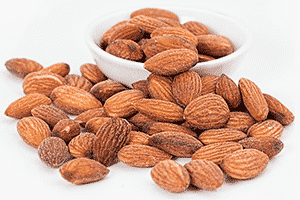Healthy foods are the key to life. It’s your way of giving your body the nutrients it needs to function and help you live the highest quality of life possible, and plant-based foods help you to do exactly this.
Let’s look at what a plant-based diet looks like and how you can incorporate it into your lifestyle and maximize your health and wellness.
What Are Plant-Based Foods?
Plant-based foods and whole foods are those that are minimally processed (or not processed at all).
A whole foods, plant-based (WFPB) diet generally includes the following:
● Heavy focus on plant-based foods, including fruits, vegetables, legumes, whole grains, nuts, and seeds
● Avoids refined sugar, white flour, saturated fat and trans fat.
● Limits or excludes animal products, such as meat, eggs, and milk
● Emphasizes locally sourced or organic foods when available
There’s no single definition of a plant-based diet; rather, it’s more of a lifestyle than a specific eating plan. Some individuals may prefer to avoid all animal products, while others will include some animal products, such as free-range chicken or eggs.
WFPB diets are similar to vegan and vegetarian lifestyles, but it’s a little more flexible since it allows for a broader range of foods.
Benefits of Plant-Based Eating
People choose plant-based foods for different reasons. Take a look at a few of the health benefits associated with a WFPB diet:
Weight Loss
Obesity is a major threat to the health community. In fact, over 69% of American adults are considered obese or overweight, and that number is on the rise.
Refined foods, sugar, saturated fat and trans fat are catalysts in the obesity crisis. Eating more fruits and vegetables and fewer refined foods can help you cut calories and lose weight.
Even better, weight loss alone can trigger a domino effect of other health benefits, such as decrease cholesterol, improve sleep, reduce the risk of heart disease, and make it easier to exercise.
Gut Function
Your gut is teeming with good and bad bacteria. Eating refined foods can let the bad bacteria outnumber the good, but eating more whole foods can help you balance your gut health. When this happens, your gut is better able to eliminate waste, process nutrients for your body, and boost immune function.
Cognitive Health
Some studies suggest that a diet rich in fruits and vegetables can strengthen mental health and slow or prevent diseases like Alzheimer’s. WFPB eating can also reduce or eliminate brain fog and sharpen mental clarity.
Heart Health
The whole foods plant-based diet is heart-healthy. You’re not consuming dangerous oils and saturated fat that can lead to high cholesterol and heart disease.
Healthy Foods to Include
Like any change in eating habits, starting a WFPB lifestyle can take some getting used to. Here’s a short shopping list to give you some food-spiration:
● Fruits: berries, melons, bananas, citrus,
● Vegetables: leafy greens, broccoli, cauliflower, peppers, carrots, asparagus, tomatoes
● Whole Grains: brown rice, quinoa, barley, rolled oats
● Legumes: peas, black beans, lentils, peanuts, chick peas
● Seeds and Nuts: sunflower seeds, chia seeds, hemp, almonds, cashews, pumpkin seeds, tahini, almond butter
● Milk: almond milk, coconut milk, hemp milk, cashew milk
● Seasonings and Condiments: salsa, vinegar, lemon juice, mustard, salt, black pepper, turmeric, herb
● Protein: pea protein powder with no added sugar or artificial ingredients, tempeh, tofu
● Beverages: tea, coffee, water (still or sparkling)
This isn’t meant to be a complete list, but it should be enough to help you get started stocking your fridge and pantry with the right foods.
You can also find healthy recipes online to learn how to turn the above whole foods into delicious meals.
Eat Well: Your Body Depends On It
Plant-based foods help you eat the way nature intended. Start by making small changes to the way you’re eating now, such as reducing your servings of animal products or trading dessert for fruit. You’ll likely start feeling the effects of your changes before you see them, and it can be all you need to continue your healthy eating.
Got questions? Schedule a consultation on how you can include plant-based eating for a healthier lifestyle.


